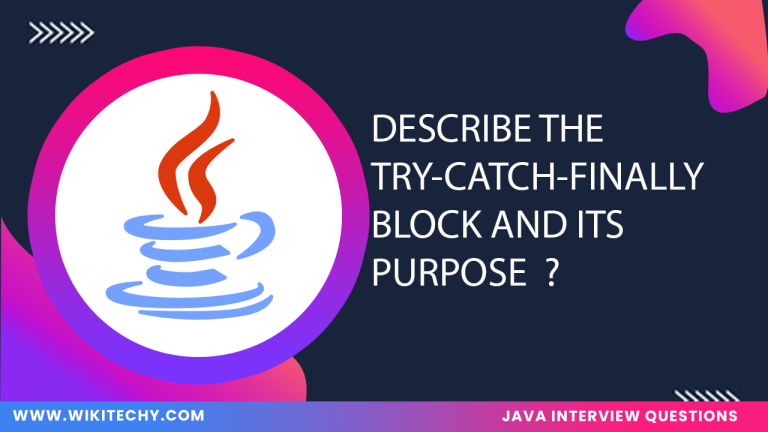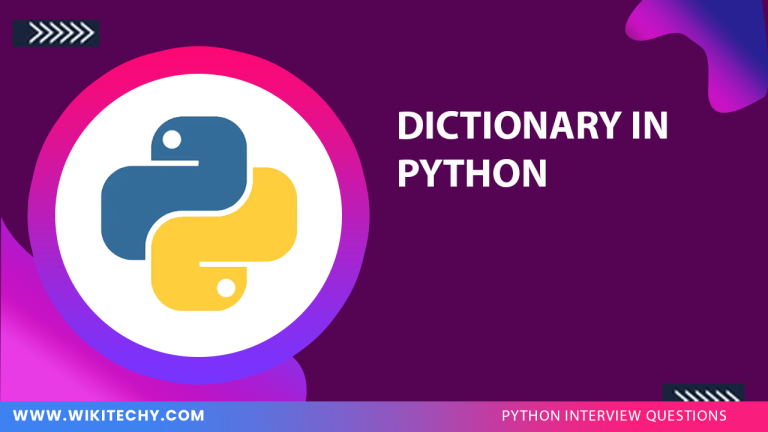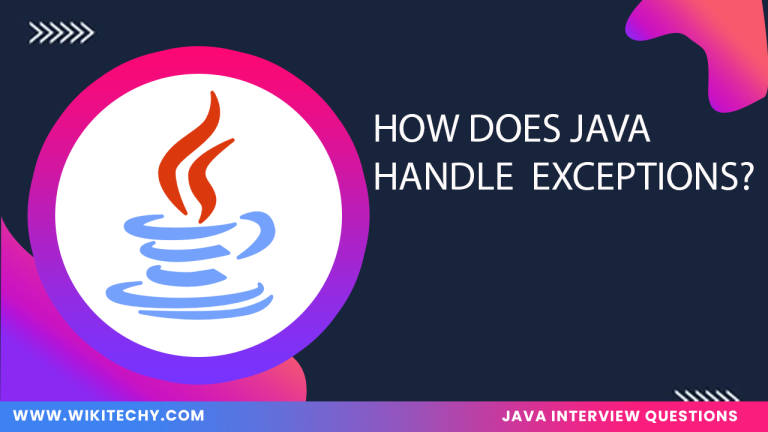Definition
Custom exceptions in Java are user-defined exceptions created by extending the base Exception class (for checked exceptions) or RuntimeException class (for unchecked exceptions). These exceptions help handle specific error scenarios in a more descriptive and application-specific way.
Example
Output
Feature
- Custom Messages: Allow developers to define detailed error messages specific to the exception.
- Checked or Unchecked: Developers can choose whether the exception should be checked or unchecked based on the application’s needs.
- Inheritance: Custom exceptions integrate seamlessly with Java’s exception hierarchy.
- Centralized Error Handling: Simplifies debugging by categorizing specific types of errors.
Advantages
- Improved Readability: Provides descriptive and meaningful exception names, helping to understand the problem at a glance.
- Error-Specific Handling: Facilitates handling specific error scenarios distinct from generic exceptions.
- Encapsulation: Encapsulates error logic and conditions in one place, making the code modular and easier to maintain.
- Enhanced Debugging: Helps in debugging by clearly specifying the cause of the exception.
- Code Reusability: Custom exceptions can be reused across the application, promoting consistency in error handling.








